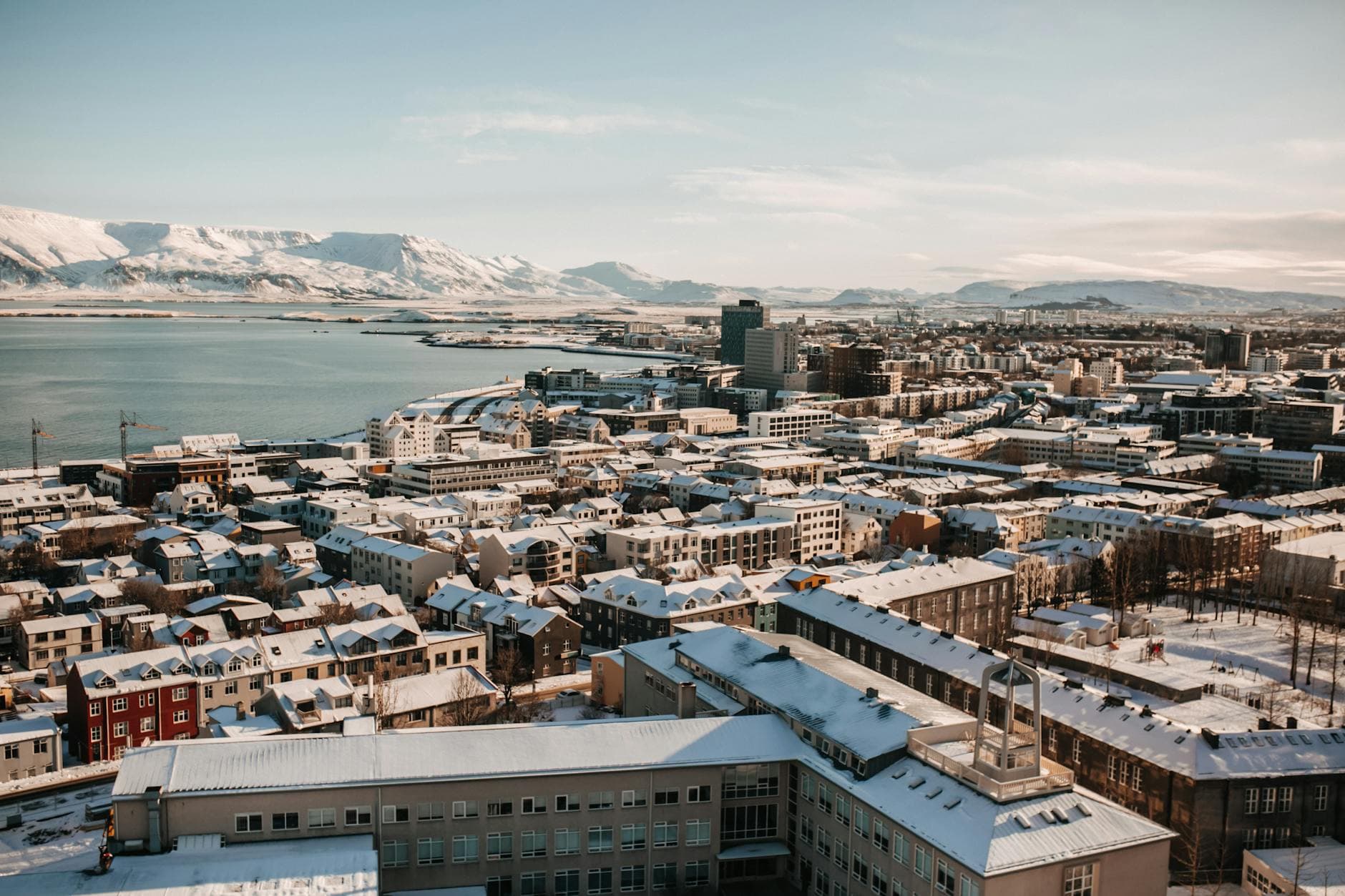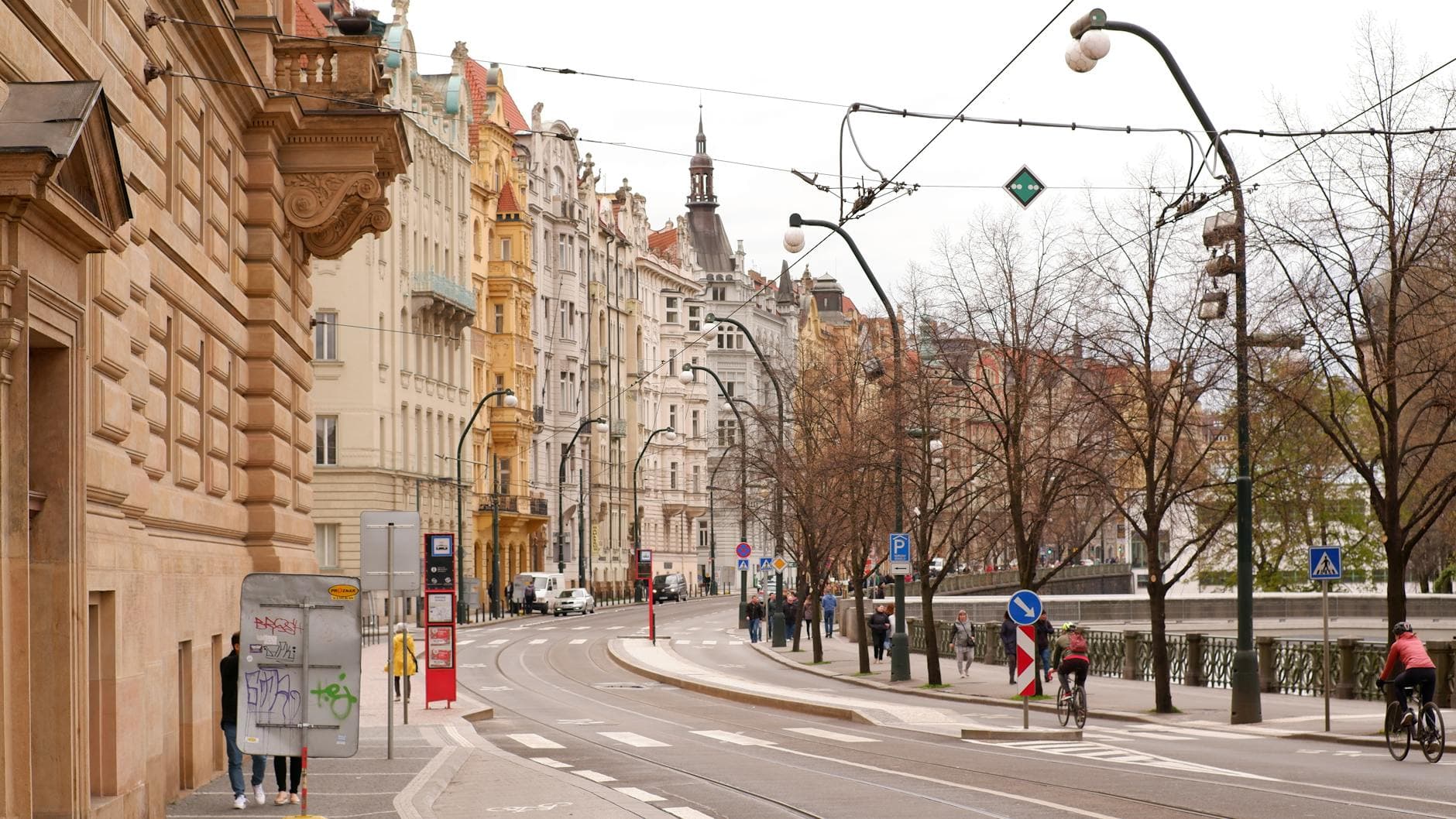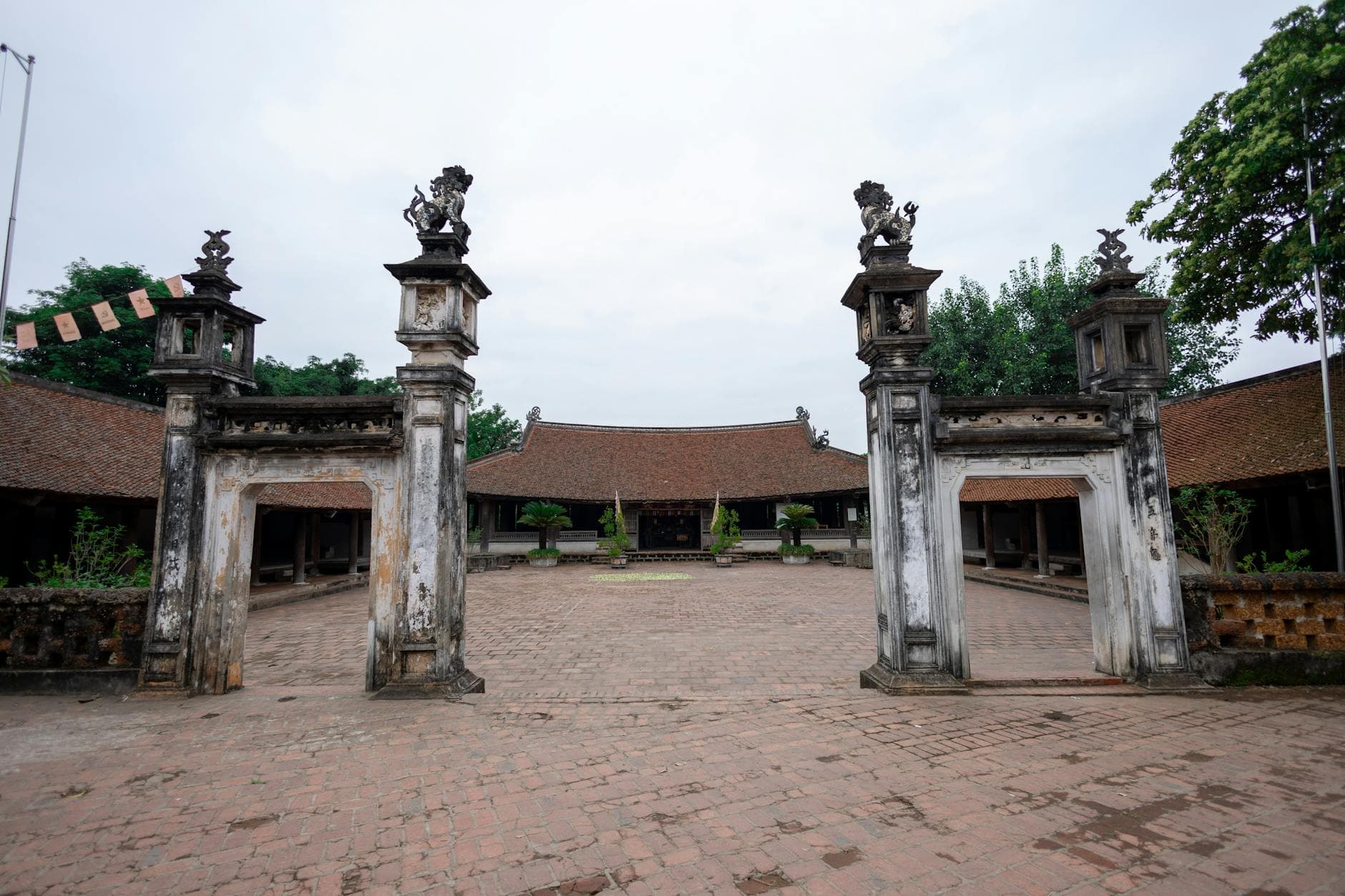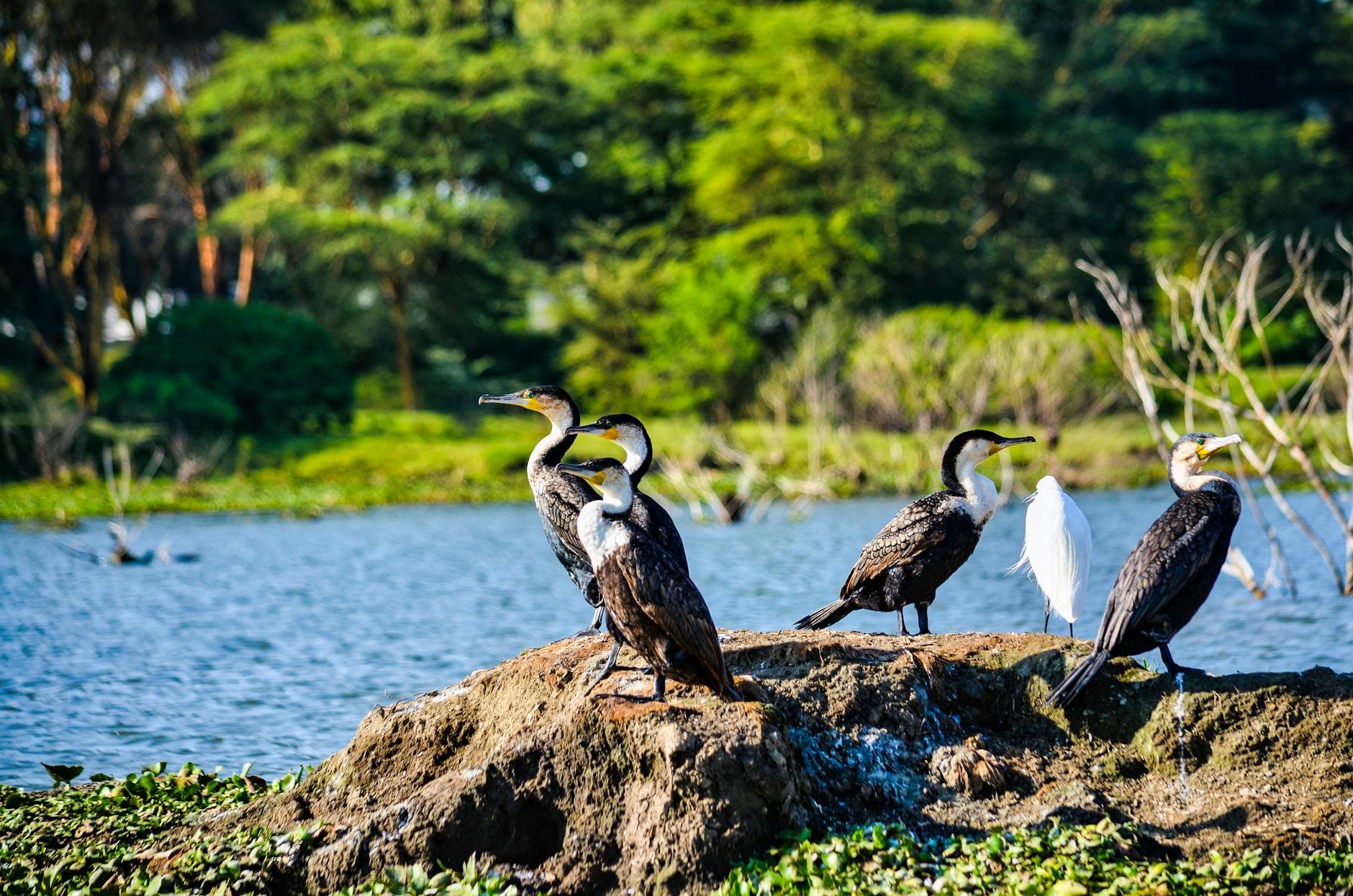
The White Continent: Isolation, Awe, and Human Connection
Two weeks in Antarctica, where the silence taught me everything
Antarctica wasn't on my bucket list. It wasn't even on my radar. But when I got the opportunity to join a research expedition—I'm a marine biologist—I said yes without thinking. Two weeks on a ship, studying penguins, and seeing a place that most people will never see.
The journey there was rough. We crossed the Drake Passage, which is basically two days of the roughest seas on the planet. I spent most of it in my cabin, seasick and questioning every life choice that had led me to this moment. But then, on the third day, we saw it: Antarctica.
I can't describe what it's like to see Antarctica for the first time. It's not like seeing a mountain or an ocean—it's like seeing another planet. Everything is white, or blue, or a combination of both. The silence is absolute. There's no sound except the wind and the water, and it's overwhelming.
We spent our days on research. Counting penguins, taking water samples, studying the ice. But the real work happened at night, when we'd gather on deck and just... look. Look at the stars, look at the ice, look at this place that felt both completely alien and somehow familiar.
On day seven, something happened. We were supposed to go ashore to study a penguin colony, but a storm came in. We were stuck on the ship, and the captain made an announcement: we'd be here for at least 24 hours, maybe longer. No internet, no communication with the outside world, just us and the storm.
At first, people panicked. We're so used to being connected, to having control, that being truly isolated felt like a crisis. But then, something shifted. We started talking. Really talking. Not about work, or research, or the weather—about life. About why we were there, what we were looking for, what mattered to us.
I had a conversation with a woman named Elena, a glaciologist from Norway. We talked for six hours. About her research, about my research, about our families, about our fears, about everything. In the most isolated place on Earth, I found the deepest connection I'd ever had with another person.
The storm passed. We went back to work, back to research, back to the routine. But something had changed. We'd all been changed. We'd faced isolation, and instead of breaking, we'd connected. We'd found humanity in the most inhuman place on Earth.
On our last day, we saw a pod of whales. Humpbacks, maybe 20 of them, swimming alongside our ship. We all stood on deck, watching, and no one said a word. We didn't need to. We were sharing something that words couldn't capture.
I've been back for six months now. I'm back in my lab, back to my routine, back to my life. But Antarctica is with me. The silence, the connection, the realization that in the most isolated place on Earth, I found the deepest sense of belonging.
We're not meant to be alone. Even in Antarctica, even in the silence, even in the isolation—we find each other. We connect. We share moments that change us, and we carry those moments with us forever.
Antarctica taught me that isolation isn't the absence of connection—it's the space where connection becomes possible. And sometimes, you have to go to the ends of the Earth to realize that.
More Stories

How I Fell in Love in Prague (And Lost My Passport in Florence)
A backpacking story about trains, hostels, and the girl who changed everything

The Night Train to Hanoi and the Scooter Chase That Almost Killed Us
Street food, near-death experiences, and the friend who saved my life

The Safari That Went Wrong (And the Night It Went Right)
How a broken-down jeep in the Masai Mara led to the best night of our trip